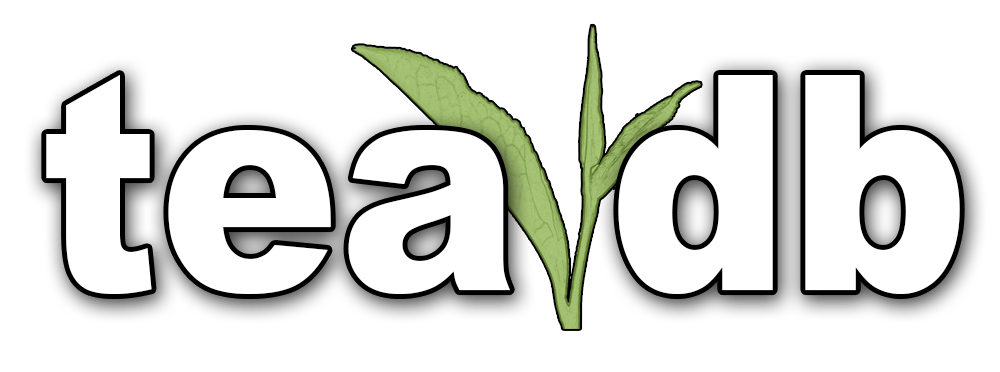Along with Rou Gui and Da Hong Pao, Shui Xian (also Water Lily) is one of the most represented Yancha in the western tea market. It lacks the sensational origin story or marketing potential of Da Hong Pao but is still sold far more frequently than any of the other famous bushes and possibly even more than Da Hong Pao. Shui Xian is even commonly consumed unknowingly often being marketed as Da Hong Pao or included in a Da Hong Pao blend. Processing-wise, Shui Xian is usually executed in a very similar manner to the rest of Wuyi oolongs. It is traditionally fired a shade darker than most Yancha although this is not necessarily a steadfast rule. Why is it far more consumed than for instance the three other famous bushes (Tie Luo Han, Shui Jin Gui, Bai Ji Guan)? Simply put, Shui Xian is a highly prolific bush. (more…)
Tag: The Mandarin’s Tea Room
-

Wuyi Special Regions Feat. Zhengyan, Lao Cong, Huiyuan, Niulan Keng, Tianxin Yan
Wuyishan (Wuyi Mountain) is located in Northwest Fujian and is a naturally beautiful area with a great deal of nature and wildlife. This includes an impressive amount of biodiversity, due to the area’s naturally warm climate and a nutrient rich environment. In 1999 the Chinese government designated part of the Wuyishan area as Wuyi World Heritage Reserve (Zhengyan). Tea is well-represented in the world reserve, the Zhengyan region being the original home to countless tea cultivars. Despite having a somewhat low elevation (~300-700 m.) this terroir and Yancha’s complex processing make Yancha a unique and excellent tea. (more…)
-

Wuyi Oolong Tea Vendors
In line with the trends of the rest of the tea industry online, the amount of roasted oolongs and Yancha (Wuyi Oolongs) being sold online has grown significantly. With increased choices and wild price variations even within the same vendor and tea (1,2) shopping for Yancha is confusing and difficult. The online shoppers reliance on photos (easily faked) make the consumers purchasing decision more about vendor trust and reliability. There is a huge price disparity between daily-drinking and premium Yancha, making it extremely important to look at one’s motivations for buying tea. This can prevent the undesirable situation of spending over a $/gram when all you want is a daily drinker or vice versa! The Wuyi Vendor Guide (modeled after our Taiwanese Vendor Guide) is intended to aid in the search for good-quality Yancha on the internet. This guide disregards any offline options (i.e. Chinese supermarkets). (more…)
-

The Price of Yancha
Good yancha is difficult to shop for. There are no distinctly yancha-specialized vendors and no obvious filters to quickly eliminate debris (eliminating non-specialized vendors works very well for Taiwanese oolongs + pu’erh). One other obstacle are forgeries designed to satiate the public’s demand for Da Hong Pao (usually Rou Gui + Shui Xian). This article will attempt to clarify and simplify the process of shopping for yancha by examining the prices of the four famous bushes (Si Da Ming Cong) and two of the most commonly sold Yancha (Rou Gui, Shui Xian). Please note that this article should not be taken as a statement of cheaper is better. Different buyers should shop for different types and grades of yancha. Depending on your individual purchasing goals it is often worth spending more for quality. (more…)
-

Wuyi Oolong Compendium
Home to the original oolong tea and its fair share of tea legends, the Wuyi mountains house some of the world’s most sought after oolong teas . Although there are many types of tea grown in the Wuyi mountains (notably Lapsang Souchong/Jin Jun Mei), it is most famous for its oolong teas. Due to the mountainous area that the tea is grown, Wuyi Oolongs are frequently referred to as yancha or rock/cliff oolong tea. This terroir and Wuyi oolong’s firing/processing methods contribute to the very distinctive taste of Wuyi yancha (this is sometimes referred to as yanyun. (more…)
